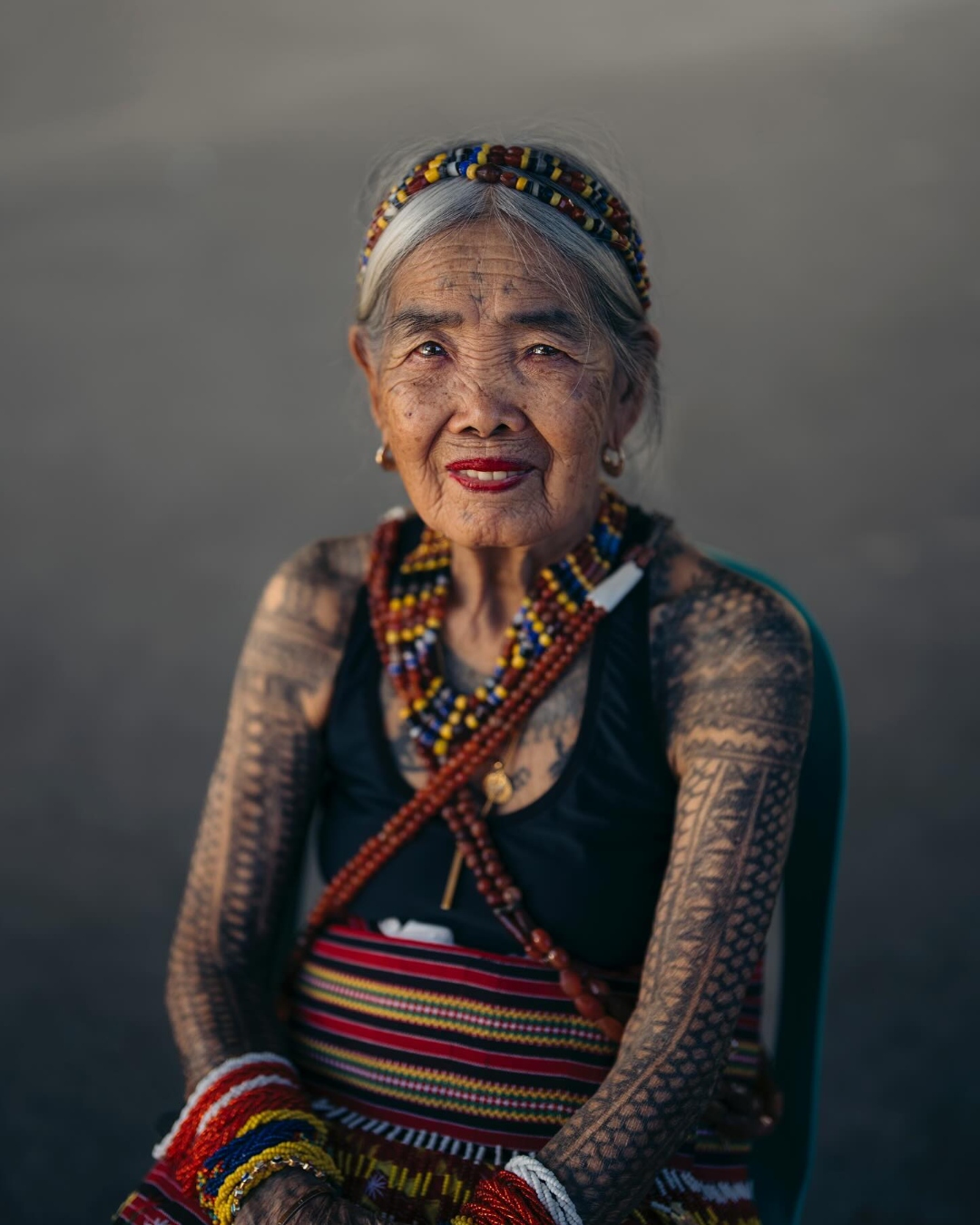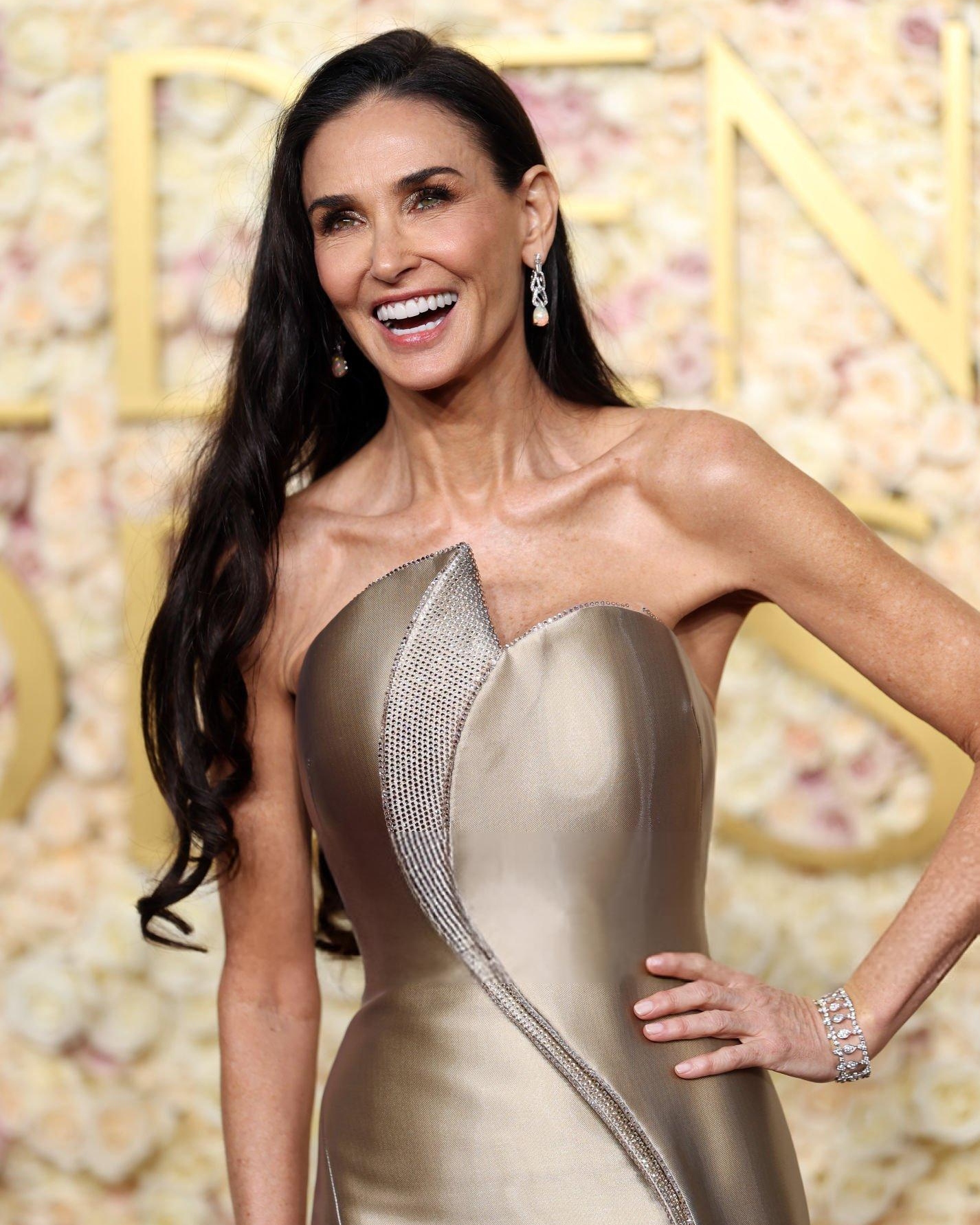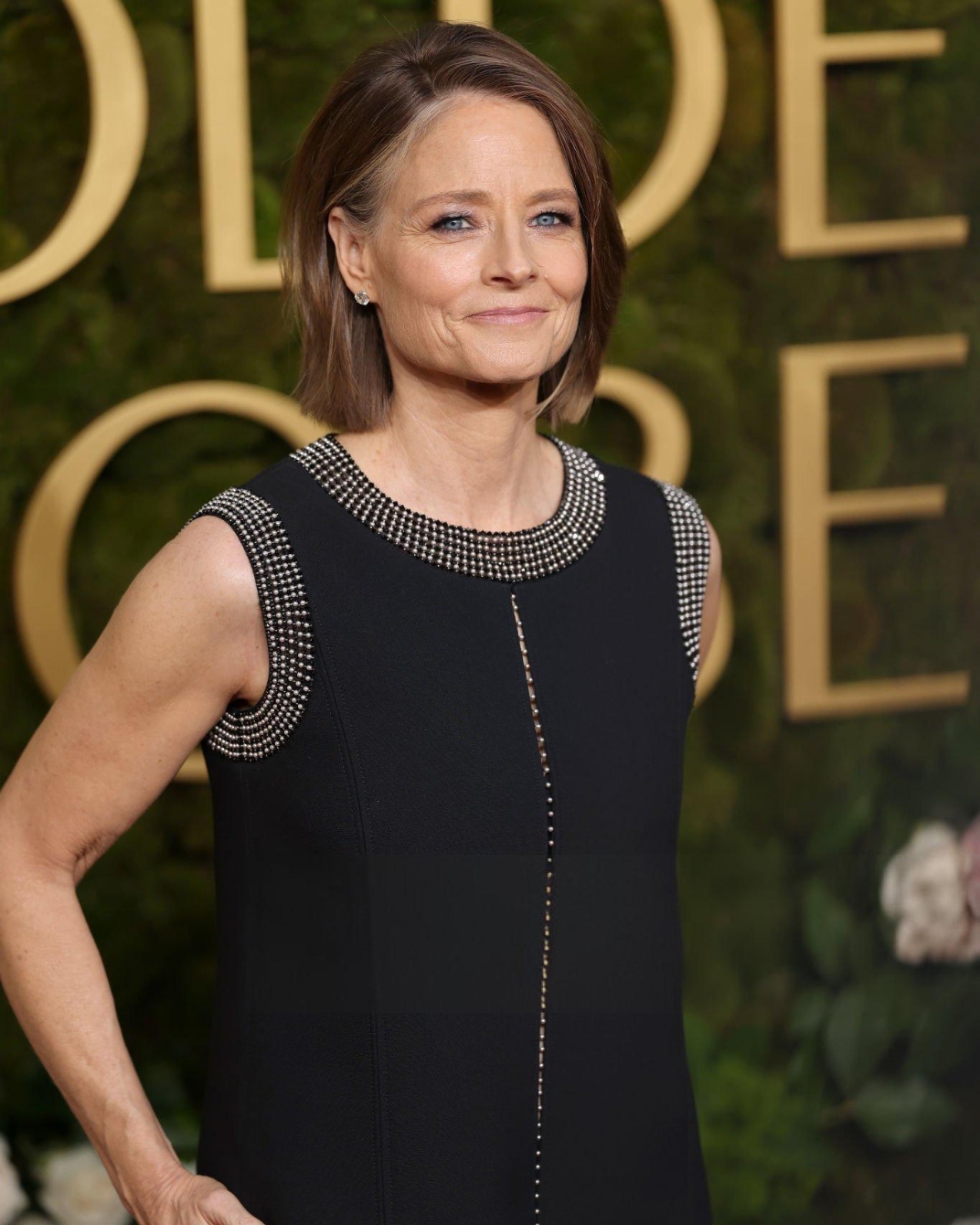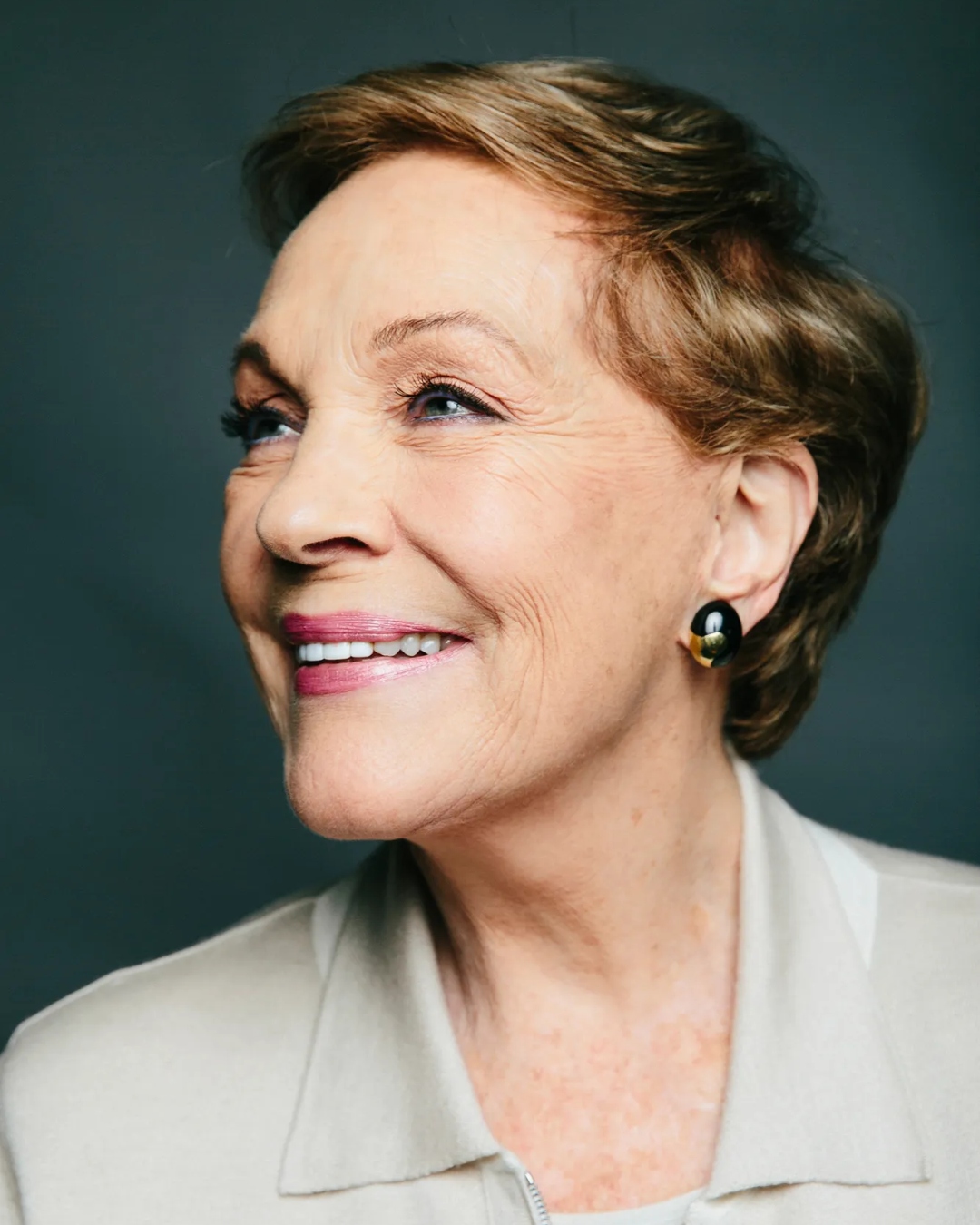Why has “old” become a derogatory word when describing women? It’s time we celebrate aging as a life well-lived
Whenever the words “old” or “old woman” are uttered, the internet erupts in revolt. “How dare you?” the comments probably read, as if the mention of “old” was an unspeakable slur. They say it’s ageism, dismissive, offensive—and the writer, out of touch. But what makes the word “old” insulting? And why are we so scared of it?
RELATED: Angel Aquino Finally Reveals the Secret to Her Timeless Beauty
I can’t claim to understand what it means to be “old”; I haven’t lived long enough to get there. I have no wrinkles to show, time is still an abstract thing, and the word “young” is a compliment. And alas, the issue. Even without full-on experiencing aging, I’ve been conditioned to flinch at its mention—proof that this isn’t just a semantic issue. The question now becomes: Is the problem with the word itself, or how we’ve been taught to negatively react to it?
The Filipino Paradox of Aging
Much of our perception is shaped by our environment. In the Philippines, aging is a complicated narrative. We revere our lolas and older titas—adoring them as the matriarchs, the storytellers, and the wise ones—but we secretly wish time would slow down and save us from catching up to them too soon. Society associates aging with being “laos” or past their prime, and thinks our elders’ best years are just reduced to the old-school disciplinarian and rosary-clutching prayer warrior clichés.

But think about the powerful women who have come before us. Apo Whang-Od, the centenarian tattoo artist from the Kalinga mountains, is iconic and well into her 100s. She keeps tradition like someone half her age would do, and is proof that age isn’t limiting. There’s Gloria Romero, too, whose 70-year-long career has made her a powerhouse in Philippine cinema. And lest we forget Susan Roces, whose laurels could afford her to retire but is instead acting alongside today’s younger stars and beasting them. These women—and more—show us that “old” doesn’t mean invisible. It means seasoned, experienced, and full of wonderful stories to pass on.
The Power of Years
Yet society has tied aging to wrinkles, sagging bodies, and lost fertility, making the word “old” feel loaded. These images obscure what’s really just a simple description of age.


Globally, we’ve made it synonymous with irrelevance and even shock. At the recent 2025 Golden Globes, women like Demi Moore, Jadie Foster, and Pamela Anderson were given their flowers, walking away with their wins and nominations. But when they were collectively celebrated with the innocent use of the word “old,” the backlash was swift. Critics called it ageist, insisting on “better” ways to honor them without mentioning their age.
The reflex is understandable. After all, “old” has been weaponized—especially against women—as a backhanded way of saying that their time is almost up and their relevance is fading. But when you strip away that society-imposed baggage, what’s left? The truth: “old” isn’t an insult. It’s a badge of honor, a symbol of power, wisdom, and self-assuredness that only time can grant—something society has stolen away.
Owning “Old”
While we’re years away from carrying the wonderful weight of “old,” the narrative needs rewriting. Why let birthdays be feared and make laugh lines liabilities? Look forward to the day when “old” means you’ve lived—and lived well—and offer the next generation a perspective that celebrates time, not fears it.

If there’s anything recent internet discourses should tell us, it’s this: “Old” is only an insult when you view it through the lens of loss—be it the loss of beauty, relevance, or purpose. Then, remind yourself that watching women in their 70s claim their flowers this awards season didn’t look like loss. Being 107 and carrying a thousand-year tattooing tradition doesn’t look like loss. Birthing legacies, raising clans, and carrying the heartbeat of generations doesn’t look like loss.
So, the next time someone balks at being called “old,” may we be reminded of this: there’s a Filipino saying—“ang tanda mo na.” It means you’ve grown. You’ve lived. You’ve endured. And what a joy! Say your thanks; it’s a compliment.
Featured Image and Photos: MATT WINKELMEYER, ELGENE BUHONG, TAWNI BANNISTER, EMMETT SPARLING (via Facebook)
The post Hot Takes: Is “Old” A Bad Word to Call Women? appeared first on MEGA.Hot Takes: Is “Old” A Bad Word to Call Women?
Source: Insta News Pinoy

0 Comments